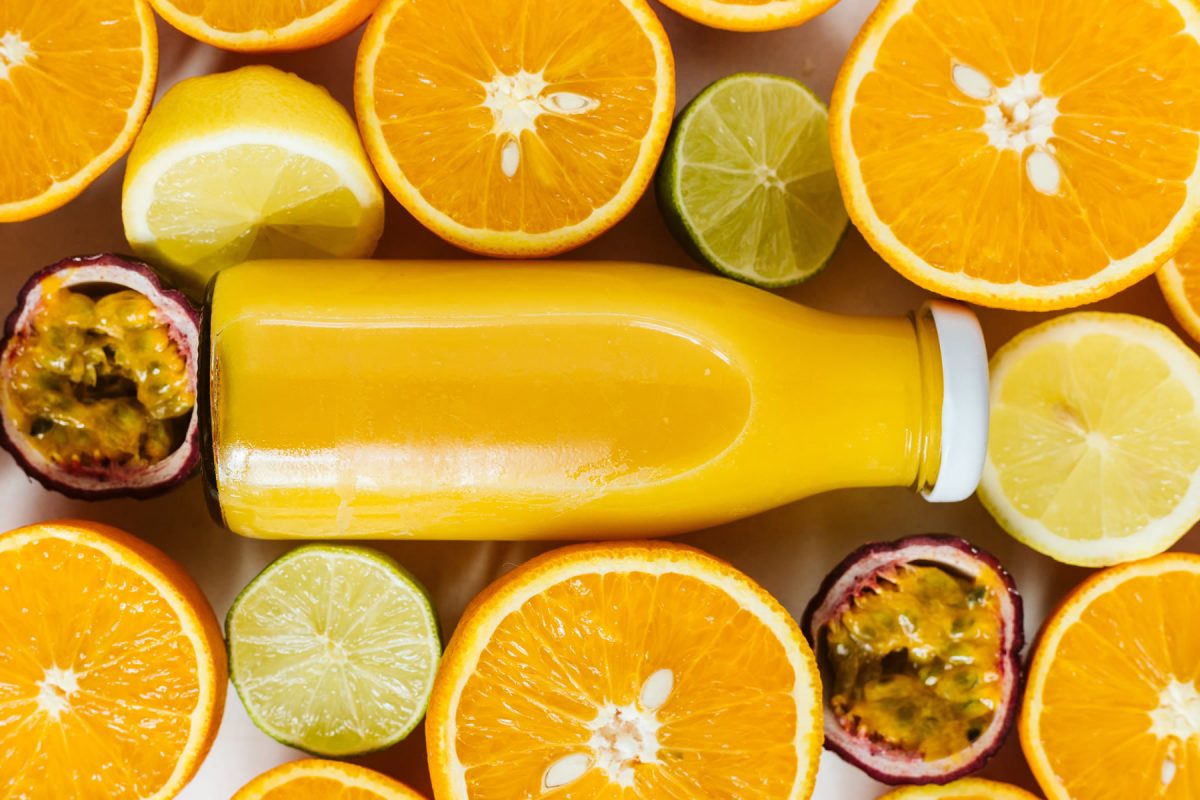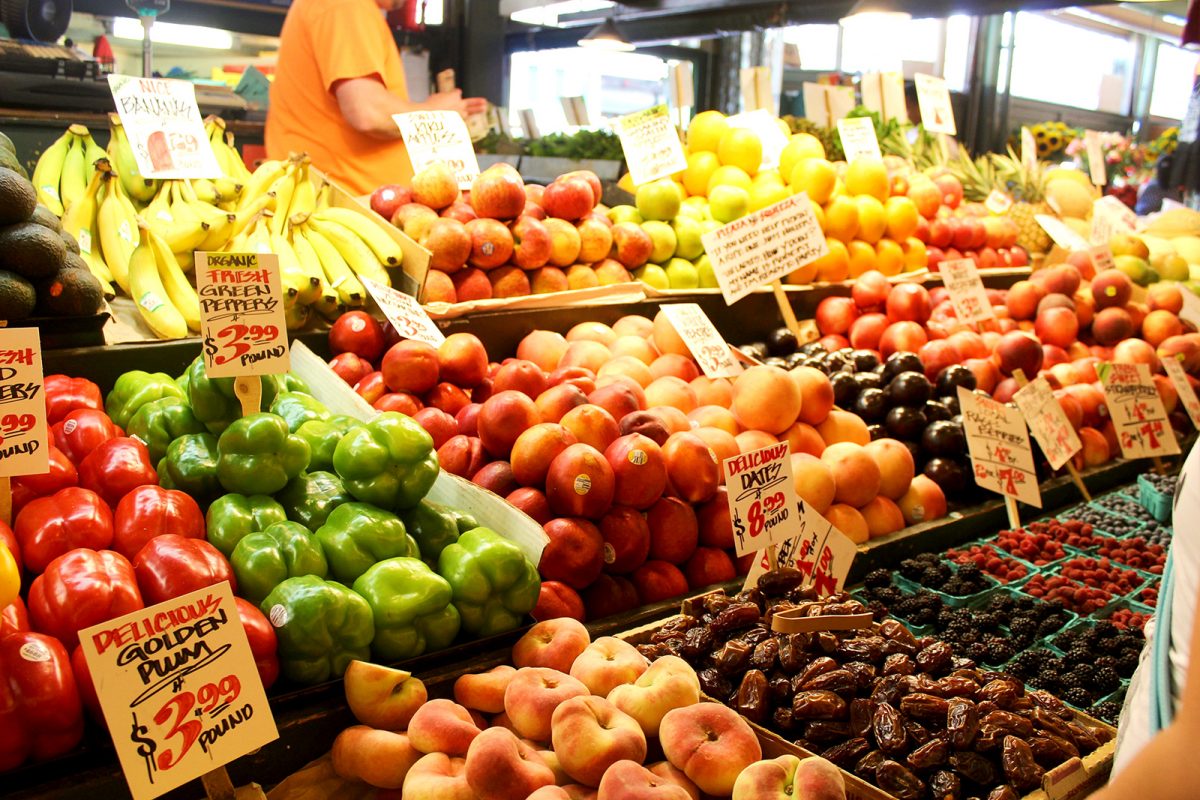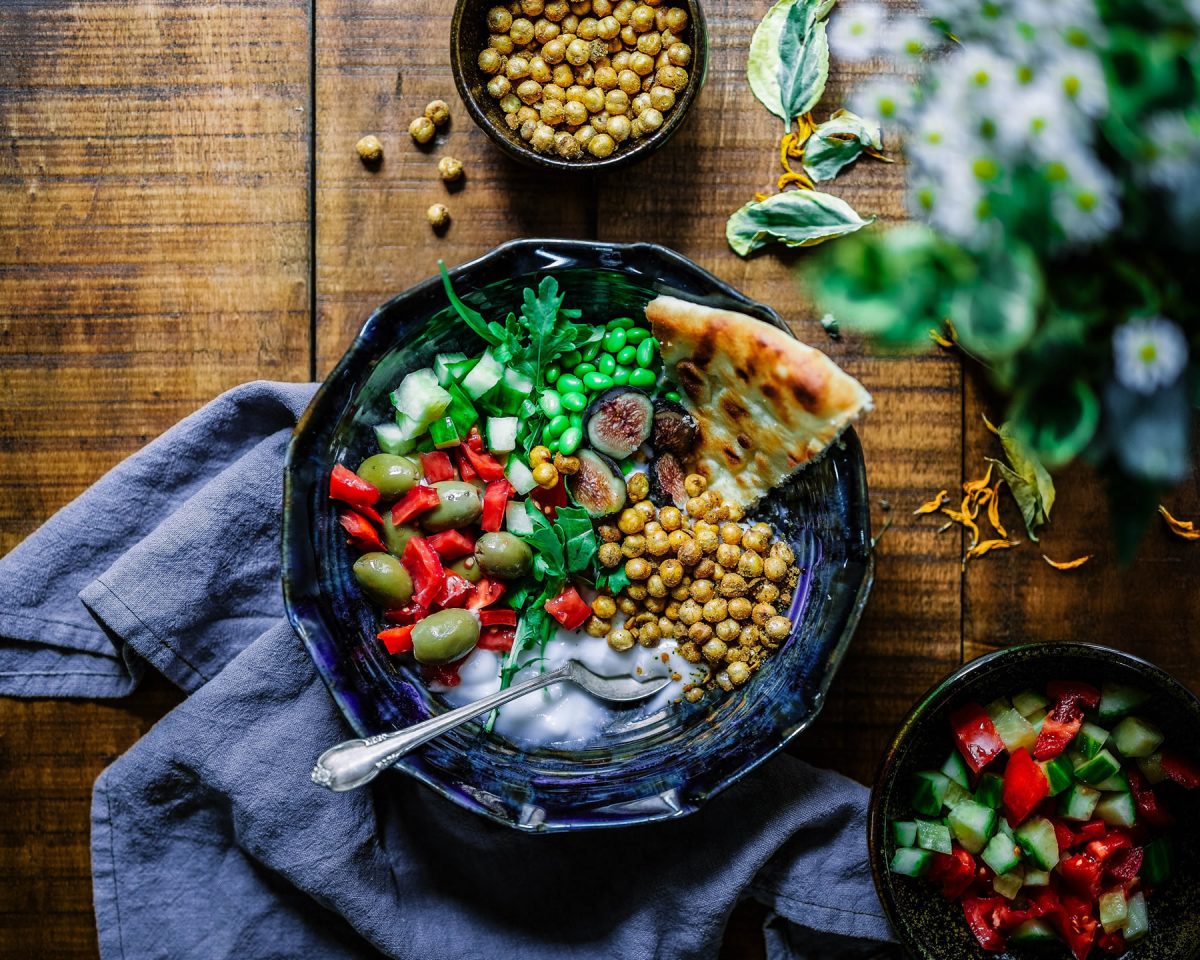A comparison between the USA and Europe.
Life under the cloud of COVID-19 has intensified the search for immunity-strengthening foods and supplements. A GlobalData survey in June 2020 found that 23% of global consumers were stockpiling more vitamins and supplements recently. It is understandable, as it is well-known that fruit supports positive health: in 2021, a study found that eating five portions of fruit and vegetables a day lowers the risk of all-cause deaths by 13% compared to eating just two.
Consumers are shaping the Juices industry and in light of that they require high levels of product information. To this end, AIJN (European Fruit Juice Association) revealed that even if there is a good level of communication about the sugar content, origin requirements are now trending in demand. Flavour is no more the unique driver for juices selection and customers have refined their needs, giving foods the additional responsibility to improve their lives and increasingly searching for natural and less processed products. According to the AIJN, we are already experiencing this trend and customers’ behaviours are already changing the market. Despite the general and gradual decline of Juice consumption, it is a fact that “Not-from-concentrate“ (NFC) and “chilled” juices are experiencing a growth in sales to the detriment of the “ambient” and “from-concentrate“ (FC) categories.

“The opportunities are linked to the reformulation of products, the increase in fruit and cutting sugar and the communication of the distinctive values of the brands”
(IRI to Il Sole 24 Ore)
Some consumers are eating less fruit overall, especially in its more processed forms – such as Americans who have abandoned fruit juice due to high sugar levels: despite decades of industry and public health efforts, USA’s fruit and vegetable consumption continues to decline, according to newly released State of the Plate: America’s Fruit and Vegetable Consumption Trends research from the Produce for Better Health Foundation (PBH). But healthification and the increased fear of “added sugars” are reducing juice and soda consumption all over the world. Especially in countries where health diseases, such as obesity, are more widespread: in the US, a reduction of 7% in juice consumption in 2021 seems mainly to be caused by the “healthy” choices of consumers.
Information plays a key role in this: according to the Deloitte Survey The future of fresh, the majority of consumers do not understand the difference between concepts of fresh, organic, natural, etc and are unsure if organic food is better for them.
The European market remains the most important for the juice industry. The EU-27 represents more than 40% of the total market, while the USA and China (2nd and 3rd) account for slightly over 30% and 5% respectively. Despite that, juice consumption in the EU is decreasing due to reductions in key EU markets for the category.
A 2020 survey of 3000 adults, commissioned by the Fruit Juice Science Centre, provides detailed insight on consumption patterns and attitudes to fruit juice: more than three quarters (76%) of Europeans drink 100% fruit juice and around half (45-63%) drink packaged fruit juice from the supermarket chiller. A total of 19-49% of those surveyed drink fruit juice daily; 32-36% drink it a few times a week; more than 48-68% have fruit juice with breakfast, whilst 23-43% say they have it whenever they are thirsty.
Apart from liking the taste (34-44%) and to be healthier (21-34%), Europeans drink juice to increase vitamin levels (32-61%) and out of habit (34-35%), as juice is viewed as a great breakfast drink, with 48-68% of respondents saying they drink it in the morning, while 23-43% drink it whenever they feel thirsty.
“The goal is to find an alternative way to make the most of all the nutritional values of fruits, carving out new slices of the market, creating additional consumption opportunities and thus attracting other consumers”
(IRI to Il Sole 24 Ore, 2020)
According to Euromonitor International’s Voice of the Industry survey, 70% of respondents believe that consumer attitudes towards purchasing health and wellness-related products will have a mid- to permanent change. In fact, a growing number of consumers are embracing holistic health to gain more control of their own well-being and to overcome the physical and emotional toll of the pandemic.
Brands and services that offer functionality and health benefits to flavourful and nutritious (or useful) juice products will reinforce ties with the consumer, especially if they provide additional meaning and information.


